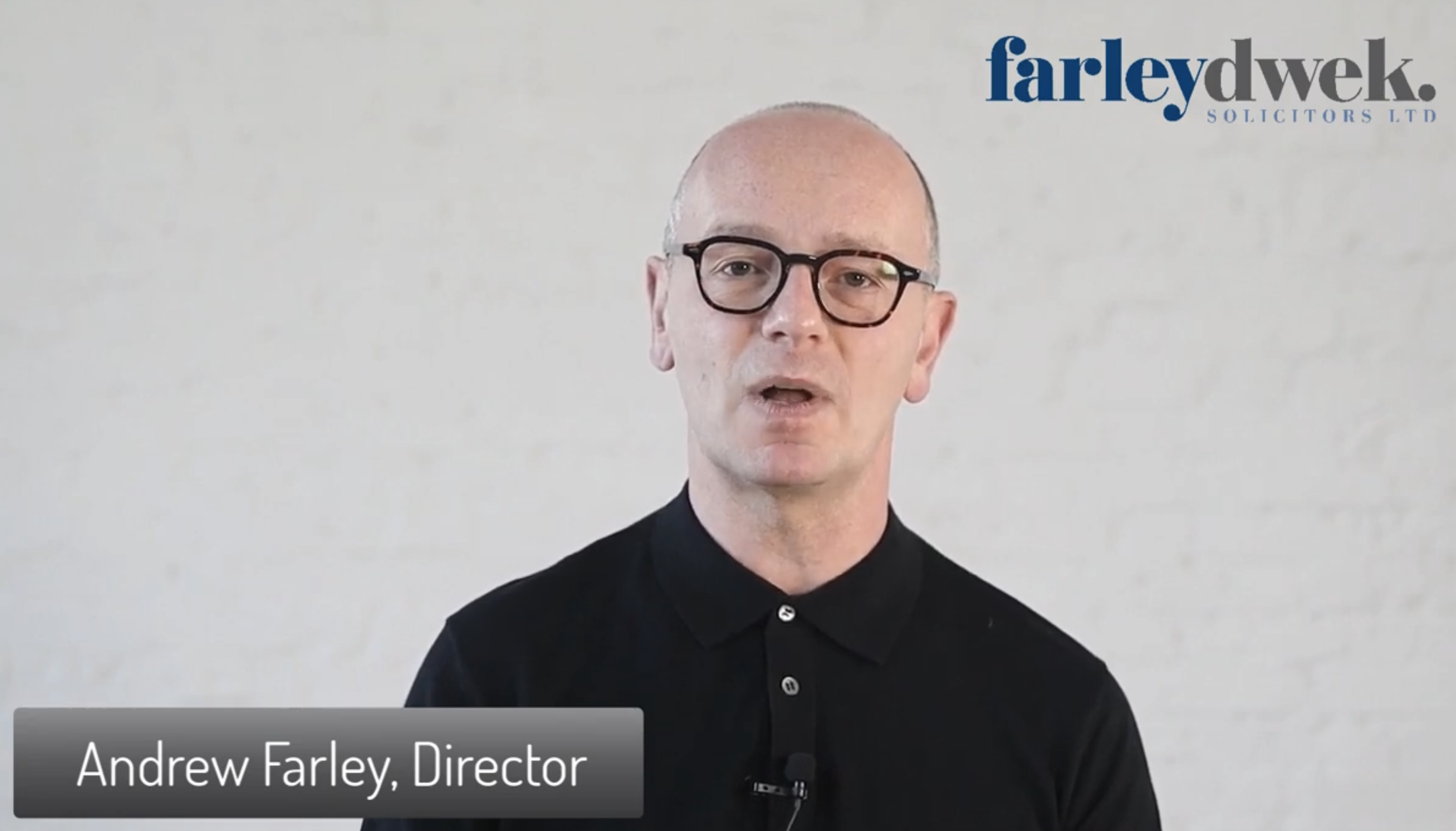5 myths about NHS Continuing Healthcare Funding
Myth 1. ‘I have been told that You have to be at death’s door to receive it’
We wish we had a pound for every time someone has said this to us! It’s not true that you have to be but if you are not expected to live longer than 12 weeks, then you’re likely to qualify for Fast Track funding. However, there are many thousands of people who are in receipt of Continuing Healthcare funding and then go on to receive it for several years.
Myth 2. ‘I have been told that there is no point in applying for this funding because the NHS in my area are so short of money, they don’t ever grant this funding to anyone’
This is total nonsense! If you qualify for NHS CHC funding, then the NHS is legally obliged to provide it – ‘free at the point of delivery’ – in accordance with the NHS Constitution. Don’t be fobbed off!
Myth 3. ‘I have been told that there is no point even being assessed for this funding because my relative will never qualify for it’
Not true! If you are being discharged from hospital into long term care, then you’re entitled to be assessed for Continuing Healthcare funding, and at least the first stage of the process – the Checklist assessment – should be carried out once discharged from hospital. You’re also entitled to request a CHC assessment if you’re transferring into long-term care from your own home.
Myth 4. ‘You have to be in a Nursing Home to qualify’
The setting of the care is irrelevant as to whether or not you qualify for CHC funding. It’s true that the likelihood of qualifying is higher if you’re in a nursing home (rather than a residential home) because you have higher levels of need that require the input of a nurse. But it’s not a bar to qualifying if you’re not in a nursing home.
Myth 5. Are you still able to apply for NHS CHC Funding if you have savings and own a house?
Yes! This is one of the most commonly held misapprehensions about NHS Continuing Healthcare Funding. The assessment of eligibility is based on your health care needs and the care which is required to manage those needs, and has nothing to do with your personal wealth or finances! A financial assessment should only be requested by the local authority once the issue of eligibility for NHS Continuing Healthcare funding has been considered.



